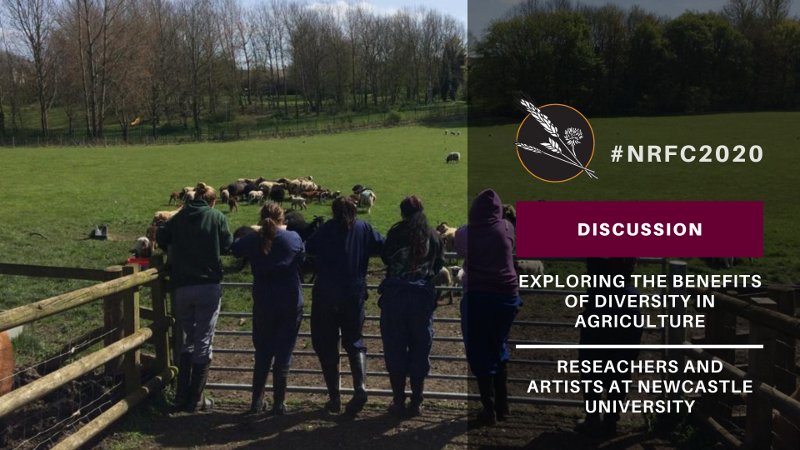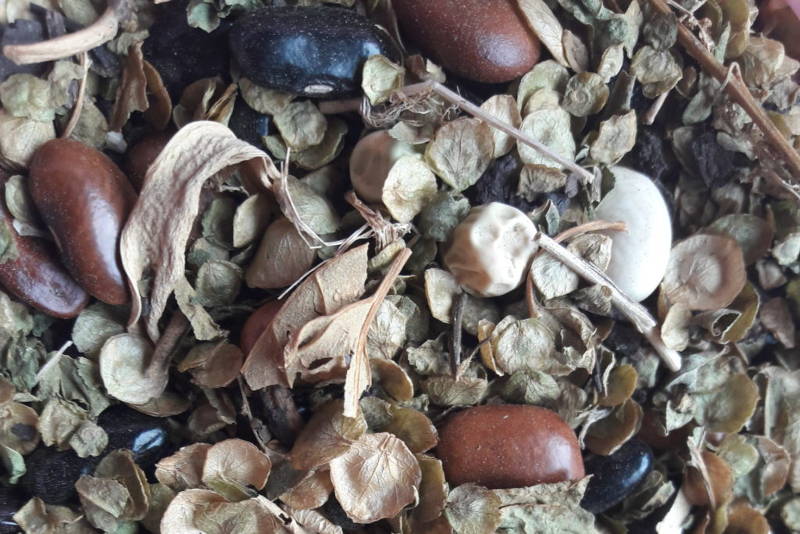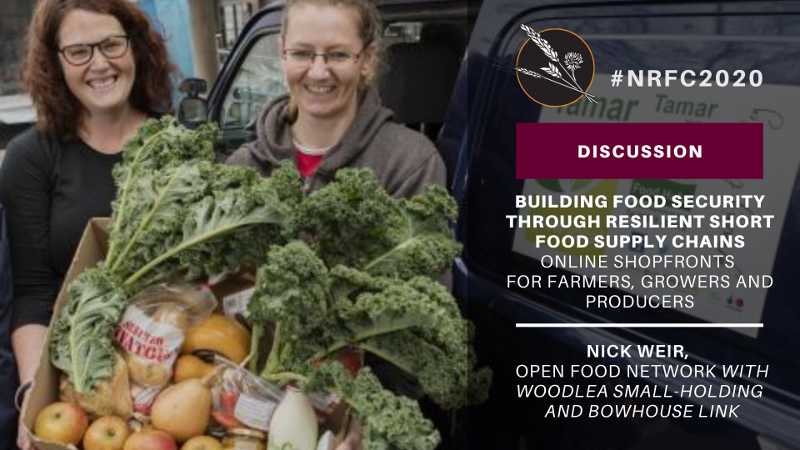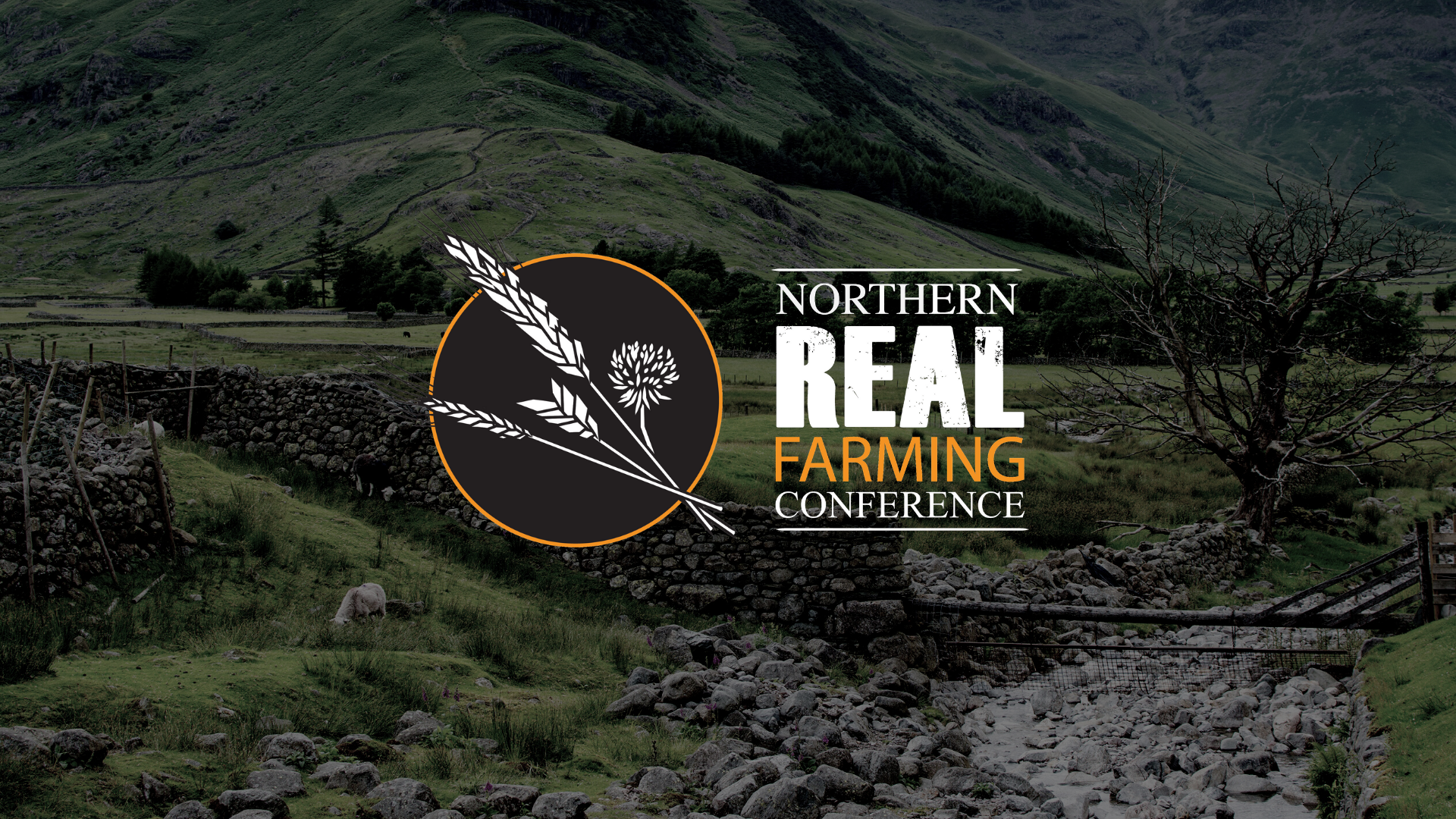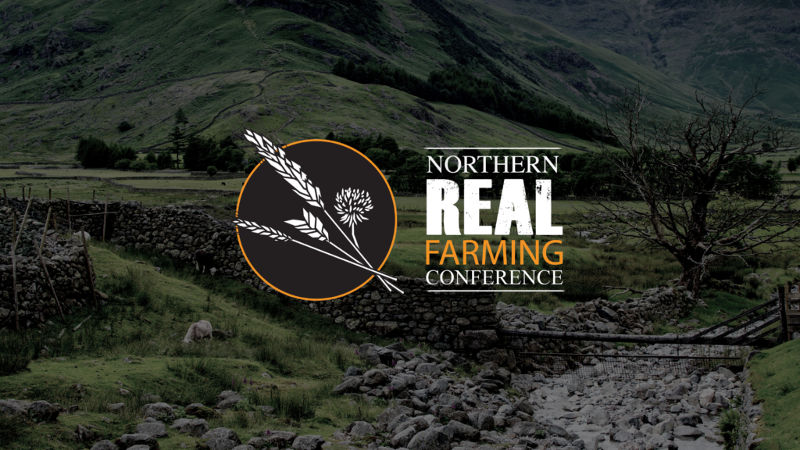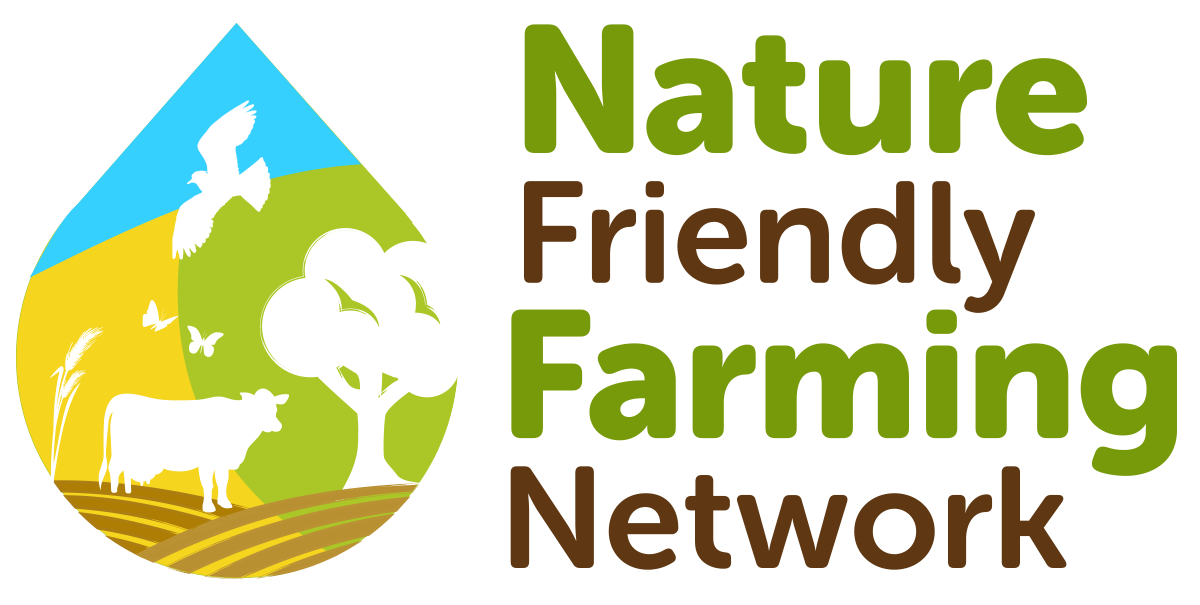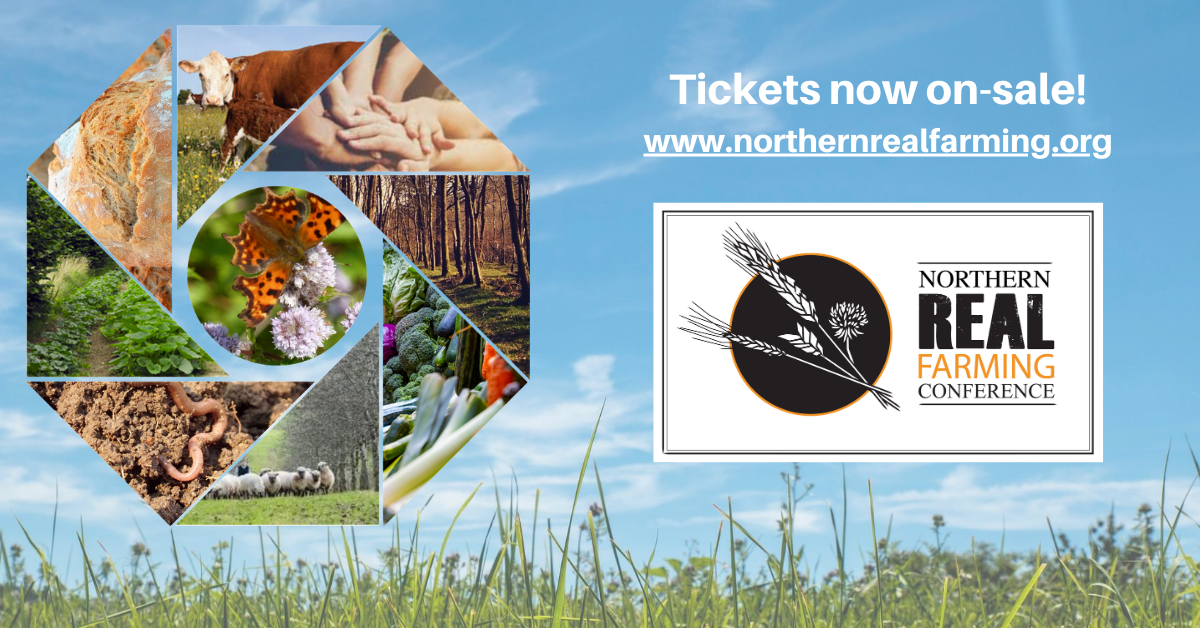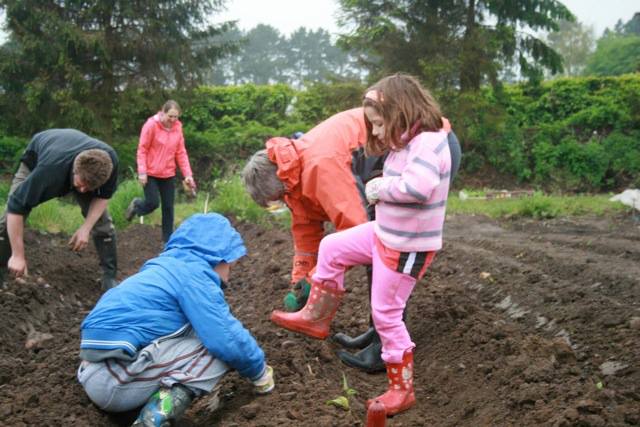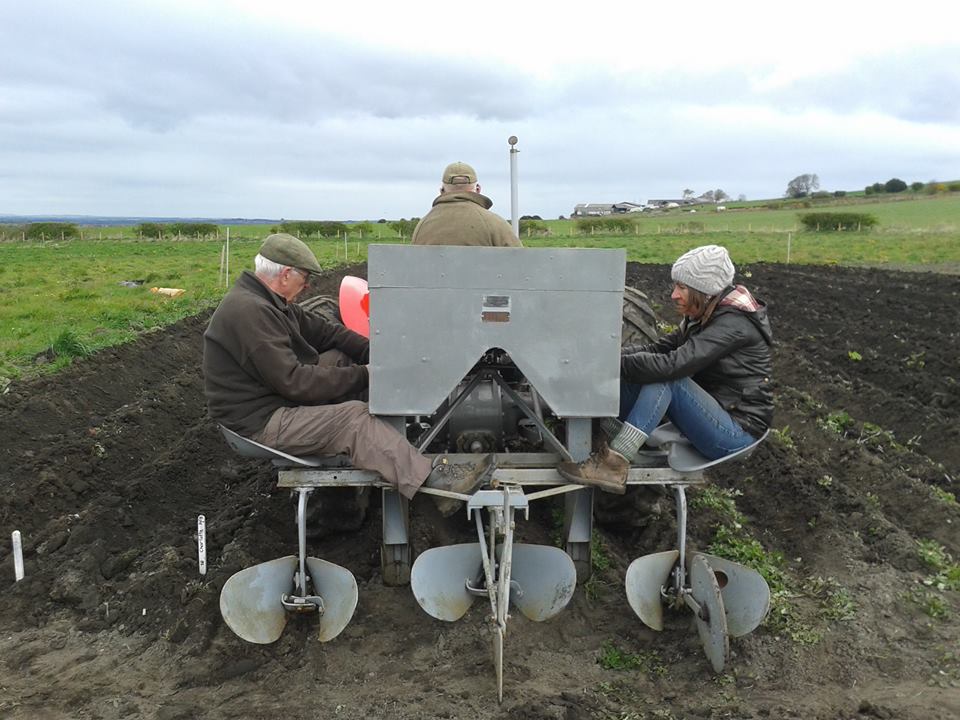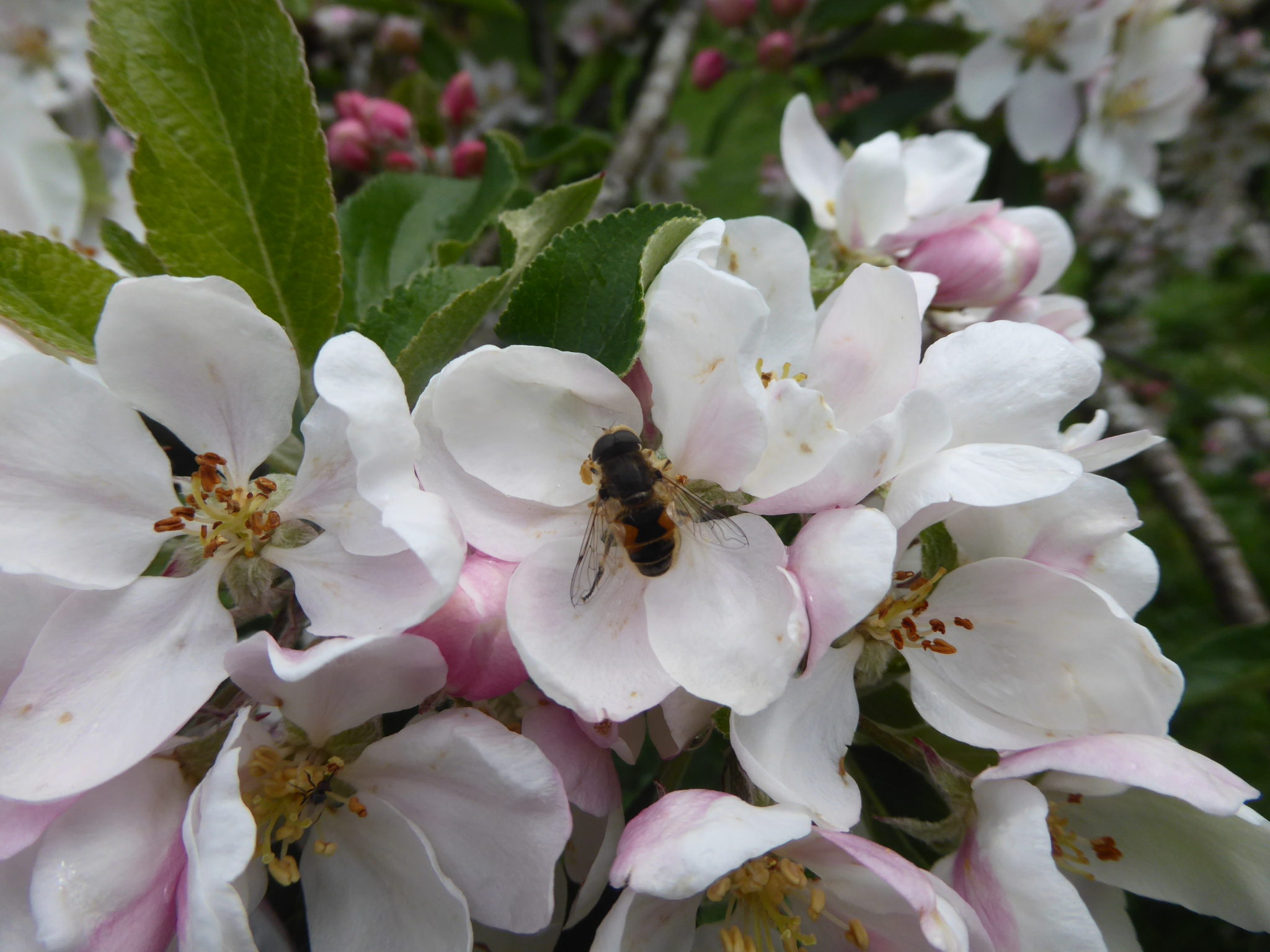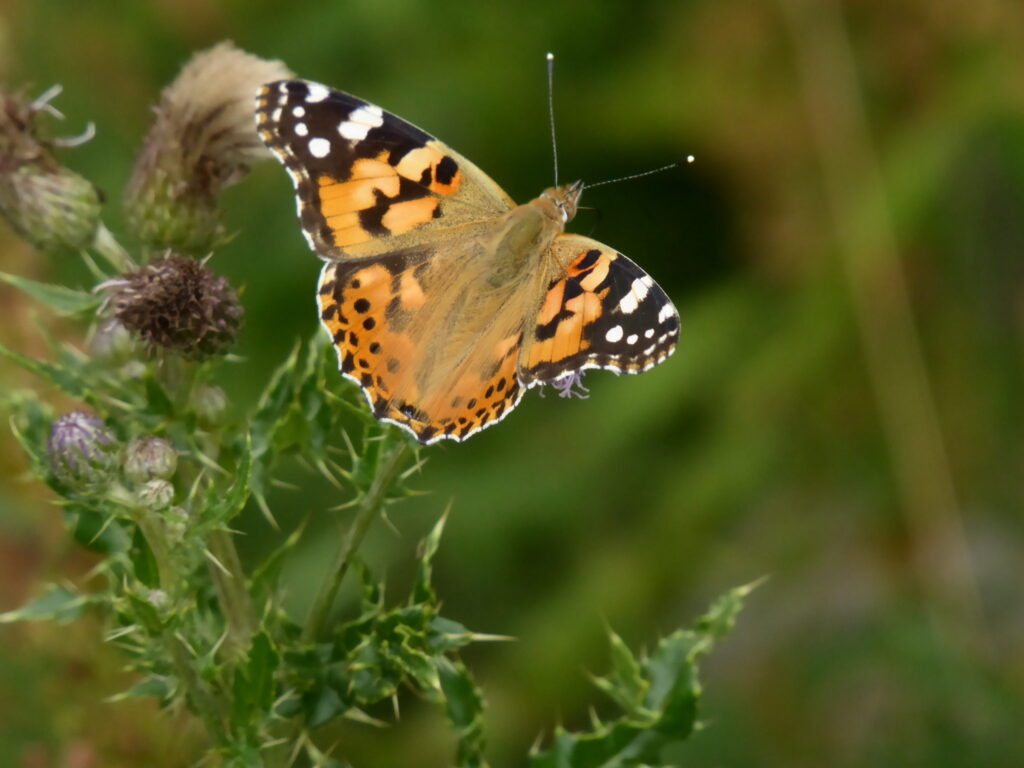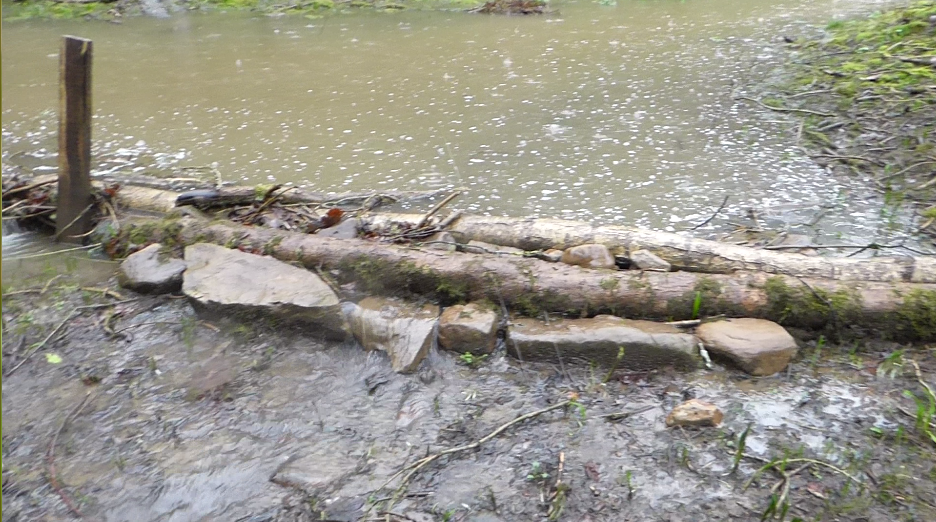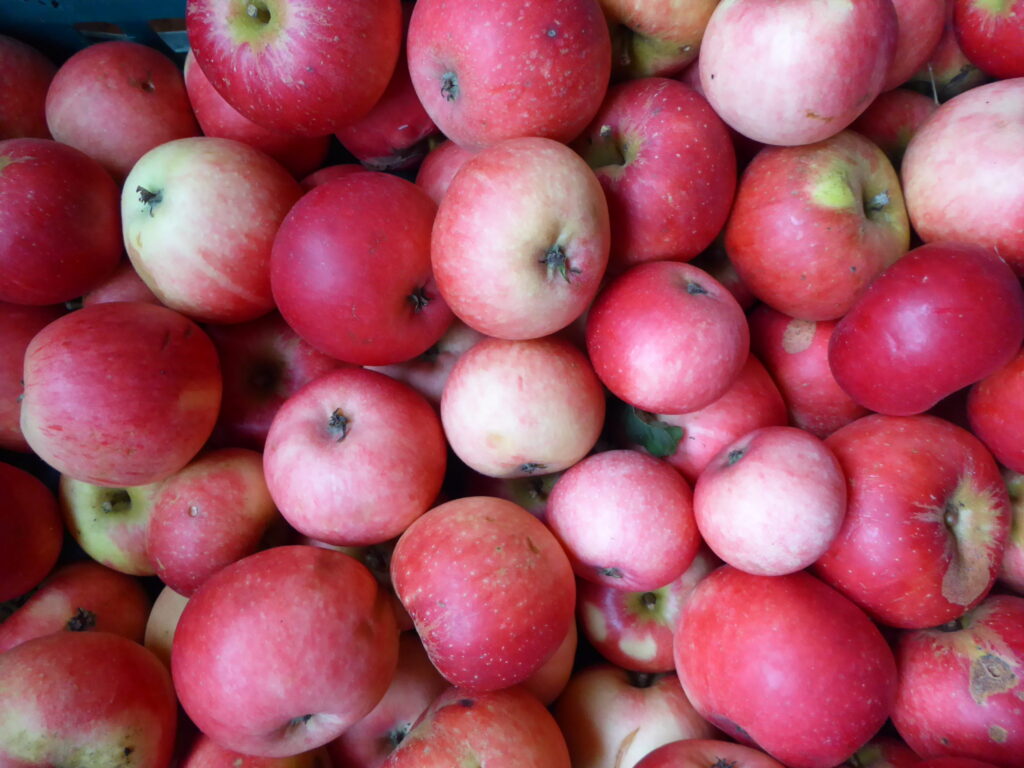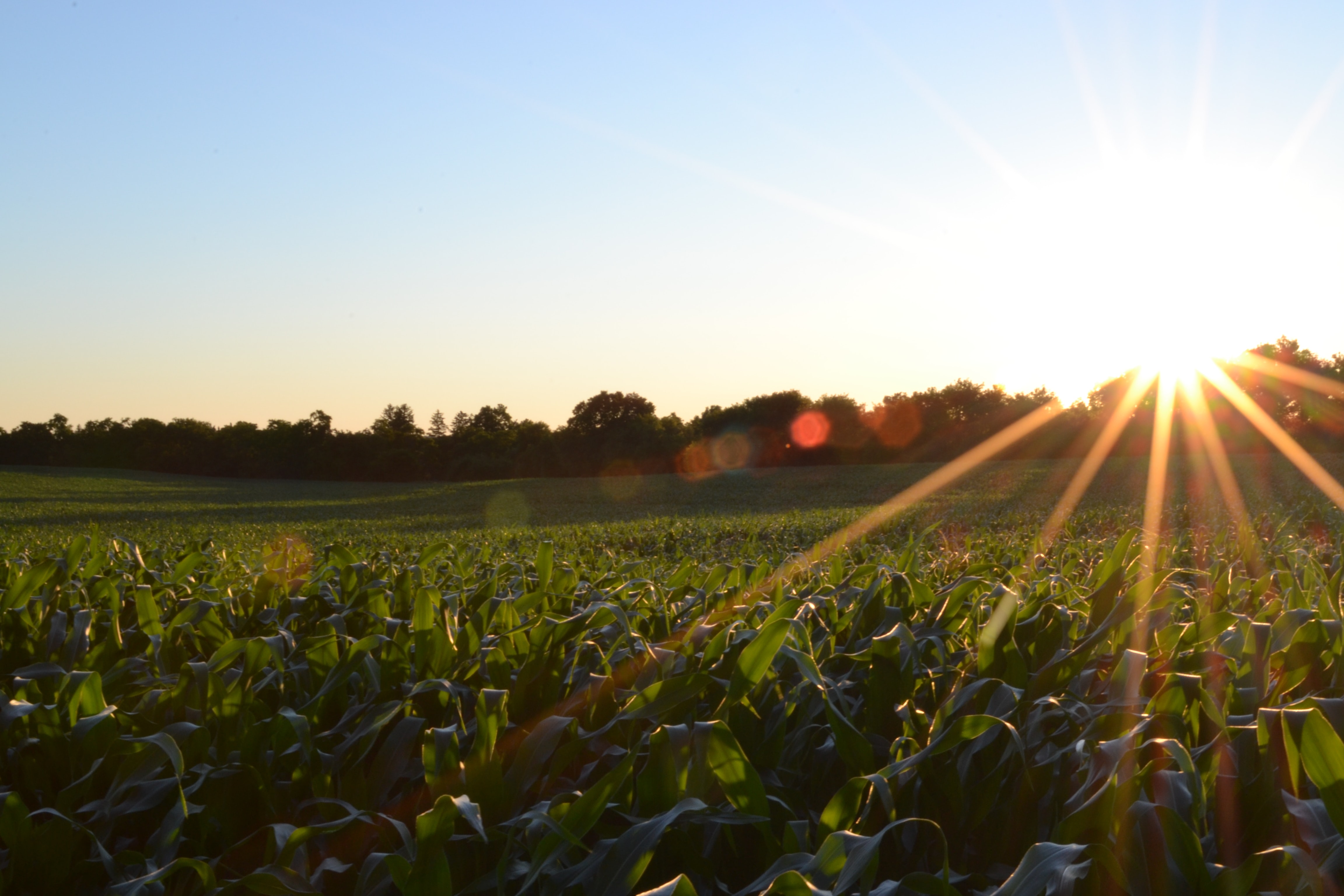Just how diverse is agriculture? How do we ensure that all feel that they belong? How can we expand accessibility going forward? These were just some of the questions posed at a dedicated panel discussion at the Real Northern Farming Conference this week.
Diversity in agriculture is not a new topic, both in the UK and further afield. Yet despite initiatives and changes from policy and industry, agriculture is still seen and experienced, particularly in the UK, as a white male career. High profile appointments such as National Farmers Union president Minette Batters, have started to challenge these preconceptions, yet there is only little change in the wider industry. So, what of the experiences of those who are not traditionally seen on the agricultural front lines, or throughout the supply chain, and what benefits are there from increasing diversity going forward?
As part of the inaugural Real Northern Farming Conference researchers and practitioners within the Centre for Rural Economy (CRE) and School of Natural and Environmental Sciences at Newcastle University, hosted a discussion panel on bringing diversity to agriculture. Everyone involved presented based on their research and practice-based expertise: from Sally Shortall’s work with the Scottish Governments ‘Women in Agriculture’ taskforce; Hannah Budge’s research of the experiences of the often overlooked women in the agriculture in the Scottish Islands; Joanne Coates experiences of working with women in agriculture for her current residency within CRE, and: Ruth McAreavey’s research into migrant workers in the meat processing and mushroom sectors. This was followed by some insightful reflections from Hannah Davis and Julia Cooper, including their own experiences from academia and farming.
Held virtually due to the Covid-19 restrictions, the online format of the panel discussion created some excellent conversation both in the main session and in the virtual chat. It was interesting to hear a range of voices from different sectors of agriculture, including what bringing diversity would look like to these.
A number of challenges to bringing diversity were raised, including issues with existing power and hierarchical structures, the lack of access to employment support compared to other industries e.g. maternity cover and other working practices, and the need for ensuring opportunities for those pursuing a career in agricultural after finishing their education.
The discussions also highlighted several overarching points that need addressing moving forward, specifically the:
- Importance of inclusivity: for ensuring that all those who would like to be involved in agriculture have opportunities to do so. For those already involved, ensuring that they have the opportunity to voice their views and have their say, thus ensuring equal opportunities and rights.
- Making the invisible visible: the need for the stories of those who are traditionally less visible in agriculture to be told, with many stories of those in the minority going largely untold. As Joanne highlighted, if no one tells these stories then these individuals or groups are not represented, or not presented fairly. Together with point 1, this also provides the opportunity for more and wider role models.
- Ensuring wider engagement: there is a need for all involved in agriculture to engage in some way or form with improving diversity. One example highlighted during the discussion was the farming press and ensuring that it included content for the less represented audience.
- Need for interventions at a range of levels: given the size of the farming industry and the range of different stakeholders involved, there is a need for action at a number of different levels. This includes support and initiatives from industry and the introduction of policy to ensure that there is a push across all areas.
Although these points are by no means exhaustive, addressing them will hopefully start to see change. The need for increased diversity is increasingly more apparent as highlighted by a nice analogy from one of the attendees which nicely sums up the issue: “if there is a monocrop anywhere in the system then you are compromising the farm”. More needs to be done in terms of shifting agriculture in the right direction to ensure ‘diversification’ continues.
You can read the NRFC session details here.

